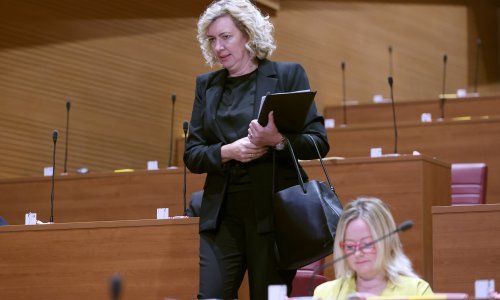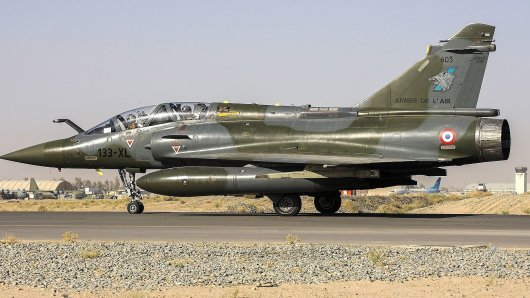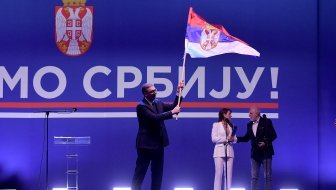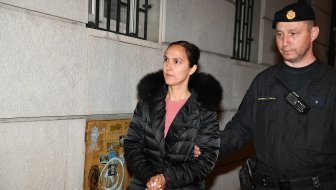Croatian President Ivo Josipovic announced at a NATO summit in Lisbon on Saturday that Croatia would expand its role in training Afghan security forces by increasing the number of its troops in Afghanistan from the present 320 to 350.
Afghanistan is a test for world democracy and readiness to help a nation fighting for democracy and freedom and against extremism, Josipovic told a press conference after attending a meeting on Afghanistan.
The international community aims to leave responsibility for security and democratic development to the local government, but that will not happen overnight, and activities will be directed more and more at what Croatia has been doing best -- training local security forces, Josipovic said.
The meeting was attended by heads of state and government from 28 NATO member states and 20 other troop-contributing countries, UN Secretary General Ban Ki-moon, Afghan President Hamid Karzai, and officials from Japan, the World Bank and other organisations.
NATO Secretary General Anders Fogh Rasmussen said at a press conference that NATO's aim was to transfer security responsibility to Afghan forces gradually by 2014, by which time ISAF mission forces would cease combat operations.
NATO pledged support to Afghan President Hamid Karzai even after the transition, primarily by providing further training and support to the Afghan military and by strengthening the country's economic and administrative development.
Josipovic said that Croatia was getting a new, leading role in the training process in Afghanistan.
A decision to increase the Croatian contingent in Afghanistan from the present 320 to 350 members will be sent to Parliament in the coming days. That is a new commitment for Croatia, but also a chance for it to gain recognition. Croatia's involvement in Afghanistan is a chance for it to win recognition for its personnel and to expand cooperation, including economic cooperation, Josipovic said.
Josipovic said he had met with leaders of Albania, Bosnia-Herzegovina, Montenegro and Macedonia today to discuss the possibility of those countries contributing troops to the ISAF mission and establishing a joint training team with Croatia.
When the time comes for the military involvement to be replaced with a civilian one, various civilian initiatives will be launched, such as promotion of education, human rights and the position of women in society. All NATO countries, including Croatia, will then have a chance to participate in Afghanistan in another way, relying on the civilian component, including trade and investment, he added.
Josipovic said Croatia fully supported NATO's open-door policy, particularly towards its neighbours, because NATO membership of Southeast European countries was in Croatia's interest and would increase its security.
When all the countries in the region, which so wish and are able to, join NATO, it will be a great contribution to peace, Josipovic said, recalling that Croatia strongly supported Bosnia-Herzegovina in its efforts to join the alliance and hoped that Macedonia would soon solve its name problem with Greece and would join the alliance.
Serbia, as far as Croatia is concerned, is welcome to NATO, but it must make that decision by itself, Josipovic said.
As for cooperation between NATO and Russia, Josipovic said it was of great importance for the entire world and that the two countries should therefore maintain communication and cooperation. He said he expected a positive outcome of this evening's NATO-Russia meeting and that a certain degree of cooperation would be achieved with regard to building a missile defence shield over Europe.
Josipovic reiterated his conviction that at this summit Croatia had proved itself as a new and successful member of NATO, and said he was pleased that NATO's new Strategic Concept includes the most important Croatian views, such as the concept of collective defence.




































